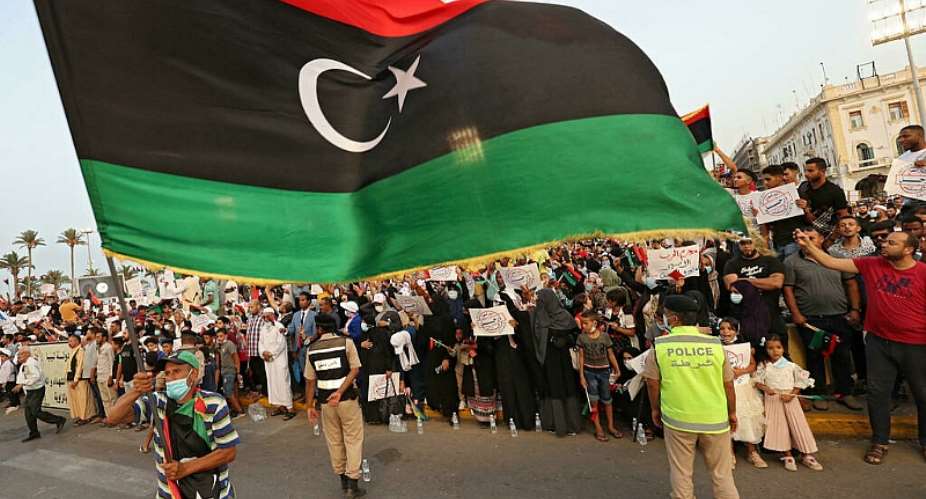Pressure is mounting on Libyan leaders to lay the groundwork for legislative elections, which will no longer take place on 24 December in tandem with presidential polls. The dual votes are part of a UN roadmap designed to help Libya emerge from its political crisis.
In a surprise announcement Tuesday, the country's eastern-based parliament, in the city of Tobruk, said the legislative polls would be delayed by a month, and instead take place at the end of January.
Tobruk's House of Representatives is at odds with electoral laws with a rival parliamentary body in the western city of Tripoli – the High State Council, which acts as Libya's senate.
Disputes over the legal and constitutional basis of the elections have revealed how deep the divide between east and west runs, casting doubts over the viability of a December legislative vote.
“If the international community is too critical of what's being presented to them, they will find themselves far more dependent on the Prime Minister (Abdul Hamid Dbeibeh), who does not want elections at all,” North Africa specialist Jalel Harchaoui told RFI's French Africa service.
“So they are in a situation where they don't really have a choice.”
The American Congress has passed a law sanctioning anyone who hinders the holding of elections, while the European Union has in the past delivered sanctions of its own.
Nevertheless, Harchaoui said he expected that France would actually support the delay to legislative polls on the basis that holding elections in a state of upheaval risks being more damaging than not holding them at all.
In the wake of Libya's last legislative vote in 2014, which led to the existing parliament, the country split into warring factions between east and west.
Change afoot?
So are these new polls, when they eventually happen, capable of stabilising the country?
“Libyan people want to turn the page on these provisional bodies and give the country a democratically elected president, but also a House of Representatives that puts an end to the contested house,” Hasni Abidi, a Middle East and North Africa researcher at the Geneva-abased Global Studies Institute, told RFI.
“Unlike in 2014, you have an autonomy of internal Libyan actors and we know that if the west rejects the electoral law and what was produced in Tobruk, it will open the door to a candidacy without fanfare of (eastern strongman) Marshal Haftar.”
It is hoped that an international conference in Libya taking place in Paris in November will help the rival Libyan sides find common ground.





 Dumsor: Energy sector ‘shepherdless’ – Nana Amoasi VII
Dumsor: Energy sector ‘shepherdless’ – Nana Amoasi VII
 Train accident: Four more grabbed and remanded
Train accident: Four more grabbed and remanded
 Gov't to consolidate cash waterfall revenue collection accounts
Gov't to consolidate cash waterfall revenue collection accounts
 Gov't to settle lump sum for retired teachers by April 27
Gov't to settle lump sum for retired teachers by April 27
 Former PPA CEO granted GH₵4million bail
Former PPA CEO granted GH₵4million bail
 Dumsor: The darkness has exposed you; you’ll go down as the worst in Ghana’s his...
Dumsor: The darkness has exposed you; you’ll go down as the worst in Ghana’s his...
 Dumsor: The ‘incompetent’ person provided a timetable whiles those who came to s...
Dumsor: The ‘incompetent’ person provided a timetable whiles those who came to s...
 Defend, ensure NPP’s good works are ‘sold’ and highlight the ‘bad’ state of the ...
Defend, ensure NPP’s good works are ‘sold’ and highlight the ‘bad’ state of the ...
 Bawumia will rank high ahead of Mahama in any anti-corruption test — Salam Musta...
Bawumia will rank high ahead of Mahama in any anti-corruption test — Salam Musta...
 NPP trying to bribe us but we‘ll not trade our integrity on the altar of corrupt...
NPP trying to bribe us but we‘ll not trade our integrity on the altar of corrupt...
